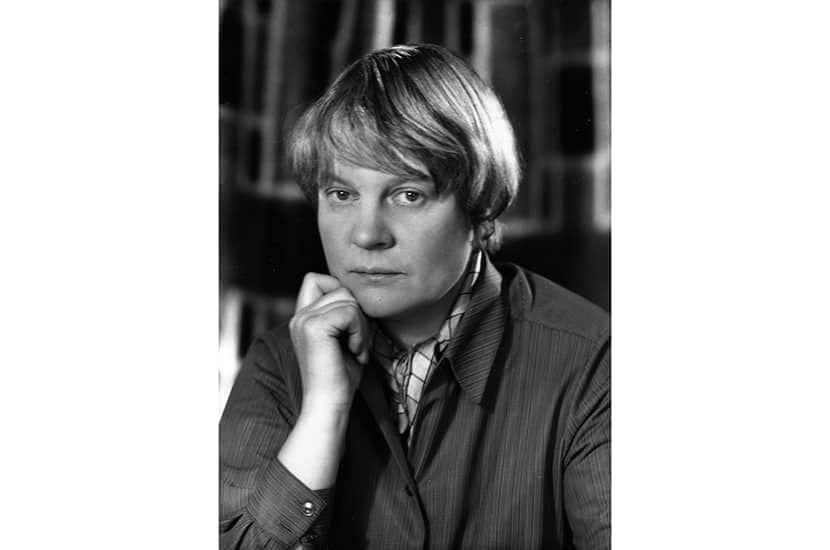Metaphysical Animals tells of the friendship of four stellar figures in 20th-century philosophy — Mary Midgley, Iris Murdoch, Elizabeth Anscombe and Philippa Foot — who attempted to bring British philosophy ‘back to life’. Fuelled by burning curiosity — not to mention chain-smoking, tea, wine, terrible cooking and many love affairs (sometimes with each other) — they tackled an ancient philosophical question: are humans a kind of animal or not? Dazzled as we are these days by technological possibility, their question only gains in urgency. This splendidly entertaining book, fizzing with character and incident, constitutes an extended joyful reply in the affirmative.
Others would disagree. Humans are rational and animals aren’t, so humans can’t be animals — or so the old story goes. Aspects of life that humans don’t rationally choose for themselves, including instincts, feelings and bodily processes, are dismissed as vestiges of animal ancestry, now thankfully transcended. But this leaves an awful lot out. In their mature philosophical work Midgley, Murdoch, Anscombe and Foot each push back against this picture, finding it artificially shaped by the ‘neurotic priorities of solitary male thinkers’. Between them, they will emphasise the role of instinct and feeling, the importance of love, and the connections between human needs and ‘shoulds’. We are indeed animals, they conclude, but of a special kind: metaphysical animals, for whom the meaning of existence is a pressing question.
Between them, they emphasised the role of instinct, feeling and the importance of love
These four are enlivening companions for the reader even before they meet at Oxford. There’s Mary, the scruffy daughter of a curate and the subject of a ‘tidying up’ campaign by peers at her progressive school; the Catholic convert Elizabeth, fluent in Greek and obsessed with the question: ‘Why, if something happened, would you be sure it had a cause?’; the bohemian Iris, initially a miserable scholarship girl, but who soon gains confidence and begins to write ‘colourful, imaginative and brilliant essays’; and Philippa, the shy and elegant granddaughter of a US president, whose childhood is blighted by tuberculosis but mitigated by horse-riding in all weathers.







Comments
Join the debate for just £1 a month
Be part of the conversation with other Spectator readers by getting your first three months for £3.
UNLOCK ACCESS Just £1 a monthAlready a subscriber? Log in